
Scholar, author, & entrepreneur. Latest book: The Infinite Alphabet https://t.co/oPu861mG2D
2 subscribers
How to get URL link on X (Twitter) App

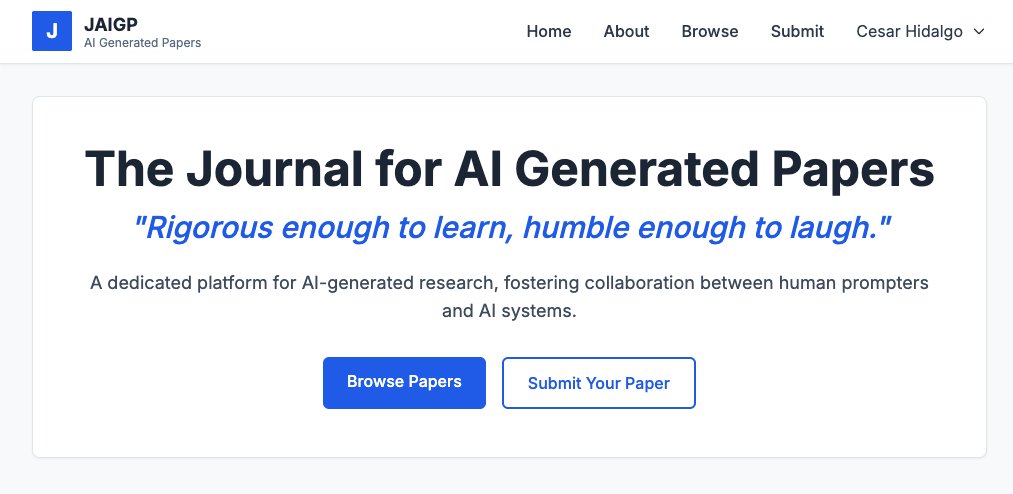
 1/ Over the past few years, academic publishing has been grappling with increasingly capable AI systems. The response? Mostly defensive—detection and disclosure.
1/ Over the past few years, academic publishing has been grappling with increasingly capable AI systems. The response? Mostly defensive—detection and disclosure.

 The economic complexity index or ECI is an estimate of the factors present in an economy built on a simple recursive observation.
The economic complexity index or ECI is an estimate of the factors present in an economy built on a simple recursive observation. 


 Mexico is by far the number one trade partner of the US.
Mexico is by far the number one trade partner of the US.
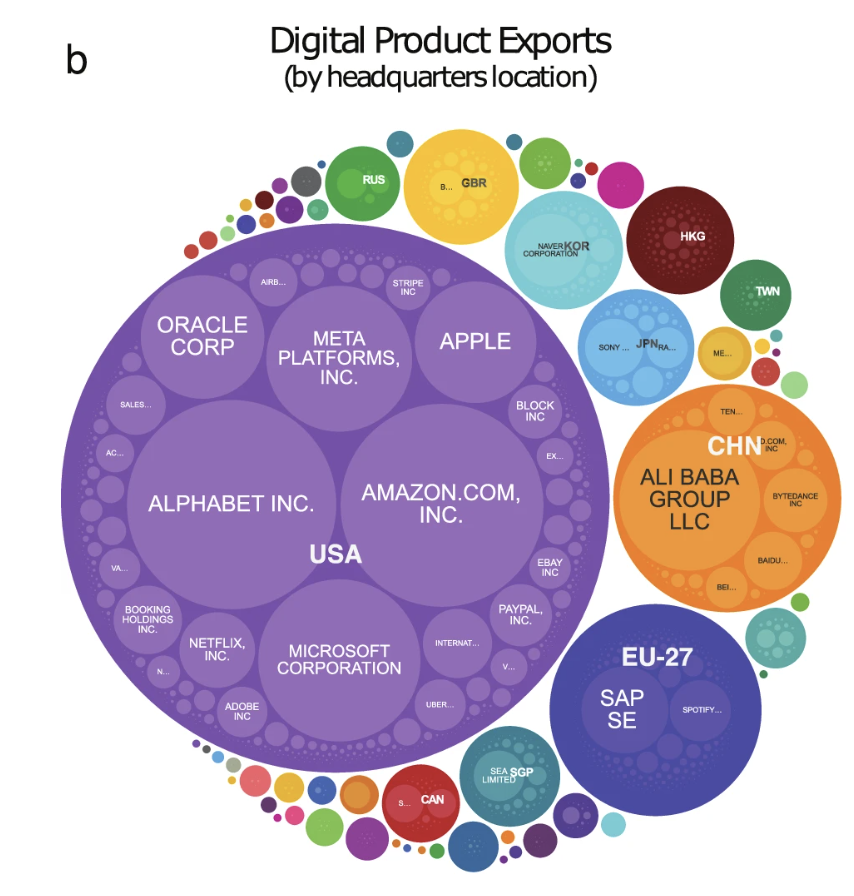
 Digital product exports, such as purchasing a video streaming subscription from a foreign website, are notoriously hard to estimate because tech firms own foreign subsidiaries. Moreover, existing service trade statistics lack the fine granularity needed to track digital products. /2
Digital product exports, such as purchasing a video streaming subscription from a foreign website, are notoriously hard to estimate because tech firms own foreign subsidiaries. Moreover, existing service trade statistics lack the fine granularity needed to track digital products. /2

 First, why are economic complexity methods misunderstood?
First, why are economic complexity methods misunderstood?

 First, a disclaimer. In this thread I will focus on one idea, not all the ideas discussed in the conference, and will obviate other aspects of intelligence (eg multidimensional intelligence), not because these are not important, but because I want to communicate one point.
First, a disclaimer. In this thread I will focus on one idea, not all the ideas discussed in the conference, and will obviate other aspects of intelligence (eg multidimensional intelligence), not because these are not important, but because I want to communicate one point.

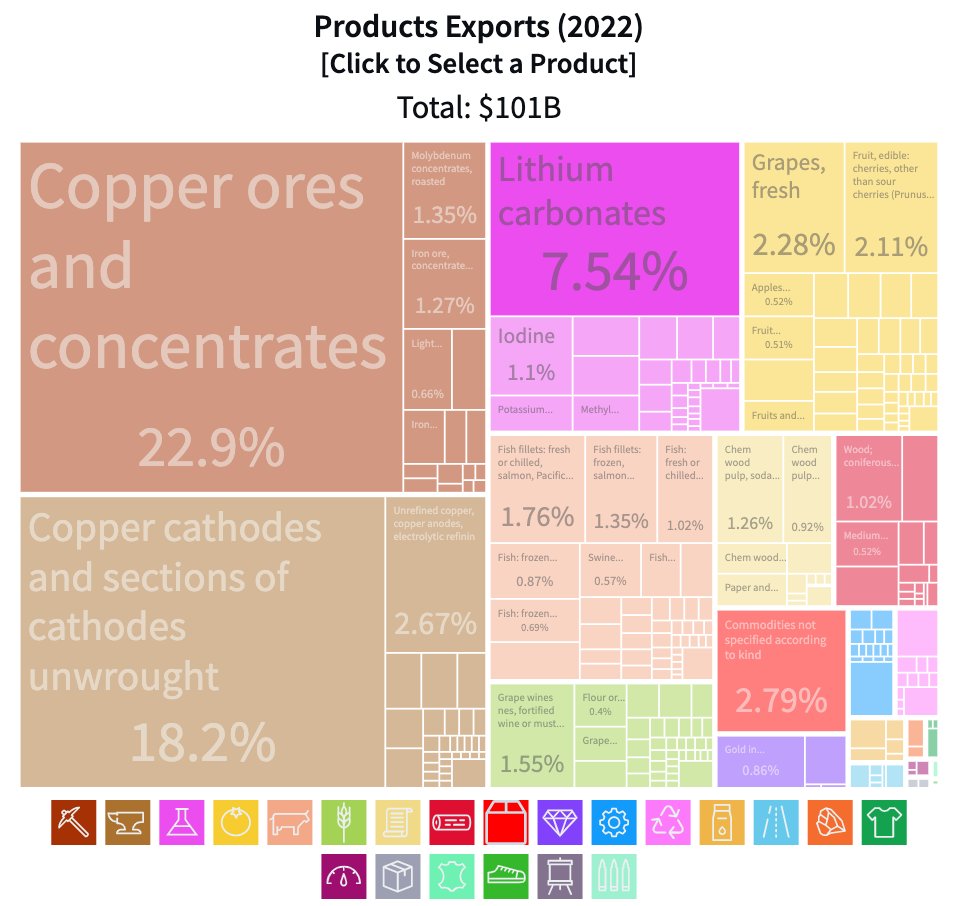

 2. Este gran volumen exportador es un fenómeno reciente. Hasta finales del 2021 Chile exportaba ~USD 100M de carbonato de litio al mes. En Mayo del 2022 las exportaciones llegaron a USD 1400 millones mensuales! Hoy están alrededor de los USD 600M al mes.
2. Este gran volumen exportador es un fenómeno reciente. Hasta finales del 2021 Chile exportaba ~USD 100M de carbonato de litio al mes. En Mayo del 2022 las exportaciones llegaron a USD 1400 millones mensuales! Hoy están alrededor de los USD 600M al mes. 

 To do this, we will use datamexico.org, an official data distribution platform from the secretary of the economy, and tools from economic complexity, an academic field using machine learning to understand the evolution of economies.
To do this, we will use datamexico.org, an official data distribution platform from the secretary of the economy, and tools from economic complexity, an academic field using machine learning to understand the evolution of economies.

 First, some context.
First, some context.



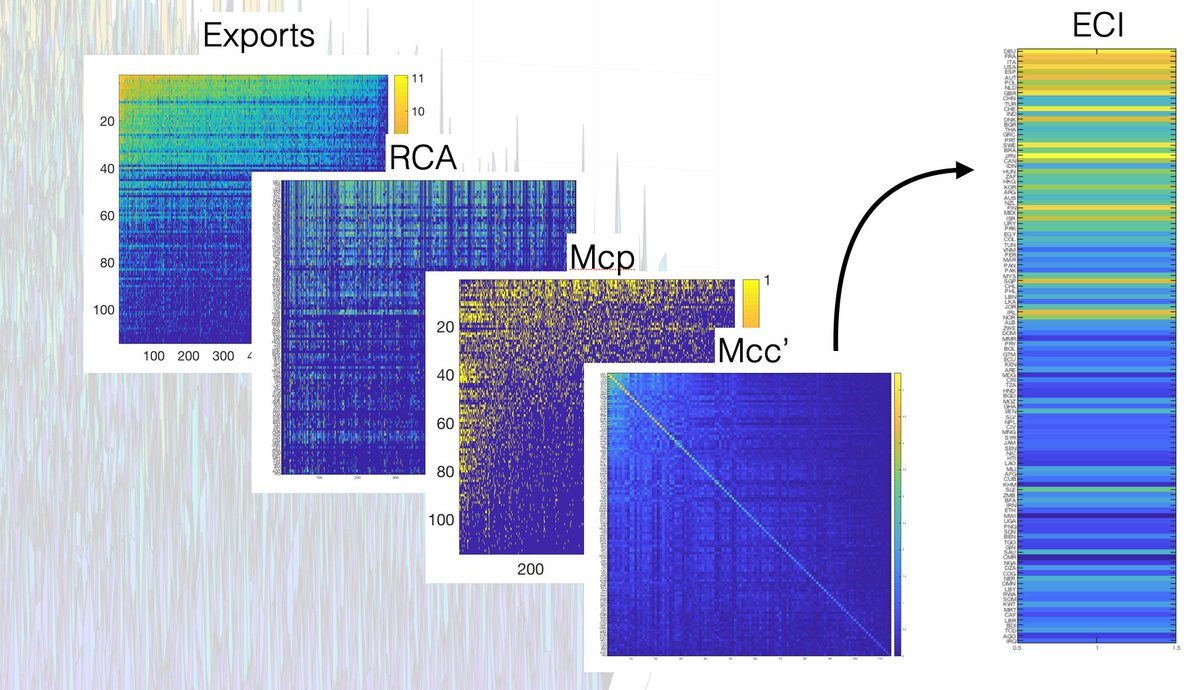
 Measures of concentration (e.g. entropy, HH) are blind to composition. They cannot tell apart a country that exports 80% cars and 20% bananas from one that exports 80% bananas and 20% cars. /2
Measures of concentration (e.g. entropy, HH) are blind to composition. They cannot tell apart a country that exports 80% cars and 20% bananas from one that exports 80% bananas and 20% cars. /2 


 "What" methods are the most common implementation of economic complexity ideas. They focus on identifying target activities (products, industries, technologies), that a region can diversify into.
"What" methods are the most common implementation of economic complexity ideas. They focus on identifying target activities (products, industries, technologies), that a region can diversify into. 
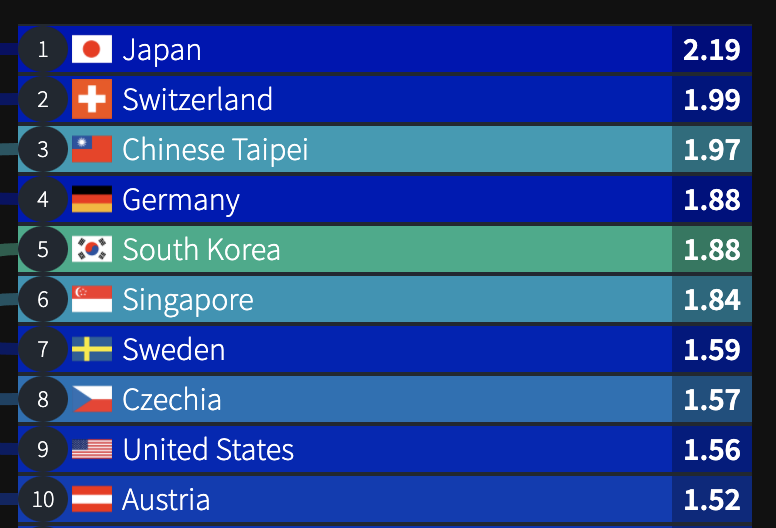
 The Economic Complexity Index has become a popular indicator of economic capacity because of its ability to explain variations in economic growth, income inequality, & emissions (for a recent academic review see nature.com/articles/s4225…).
The Economic Complexity Index has become a popular indicator of economic capacity because of its ability to explain variations in economic growth, income inequality, & emissions (for a recent academic review see nature.com/articles/s4225…). 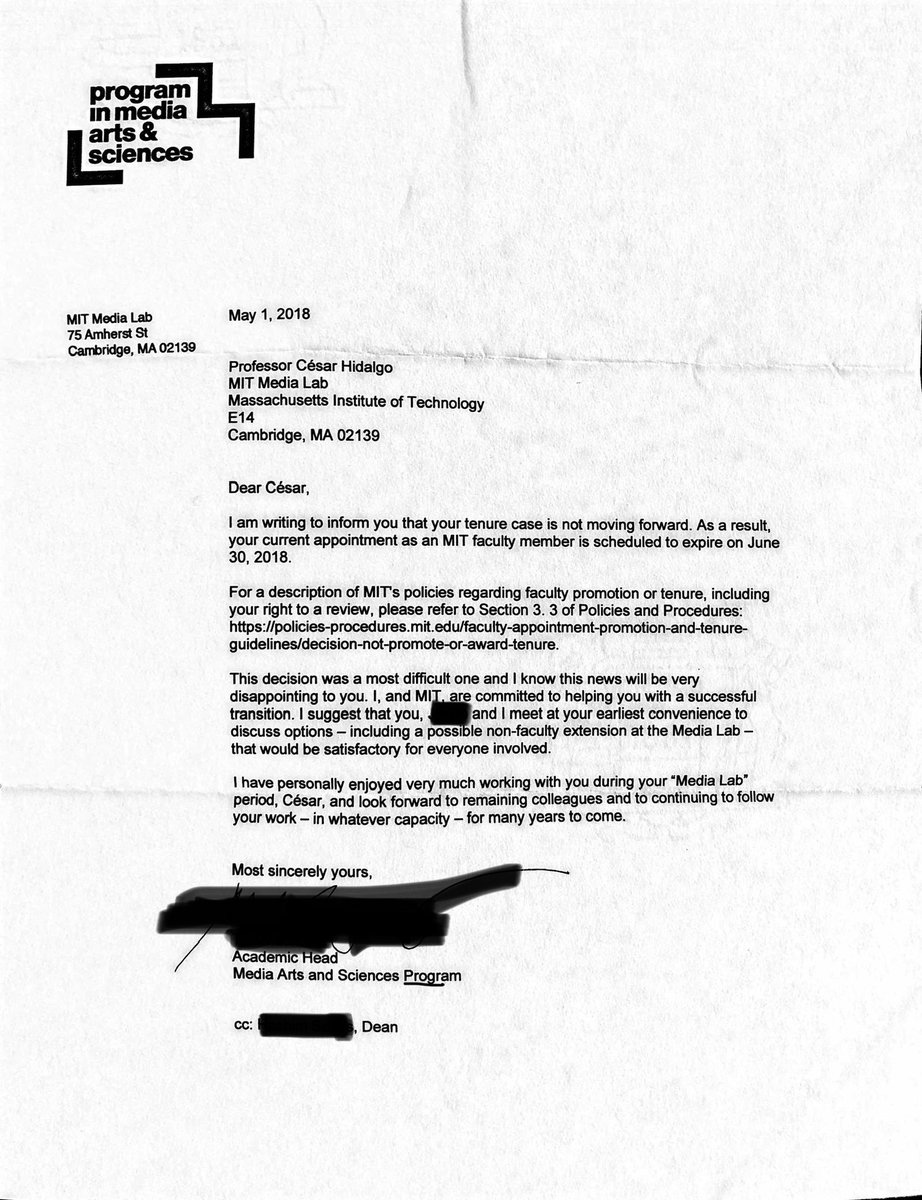
 After the denial I asked to meet my department head. He did not provide any reason other than “the decision came from above” & that there was nothing him or the department could do. So a few months later I asked to meet with him again & requested a meeting with the president.
After the denial I asked to meet my department head. He did not provide any reason other than “the decision came from above” & that there was nothing him or the department could do. So a few months later I asked to meet with him again & requested a meeting with the president.